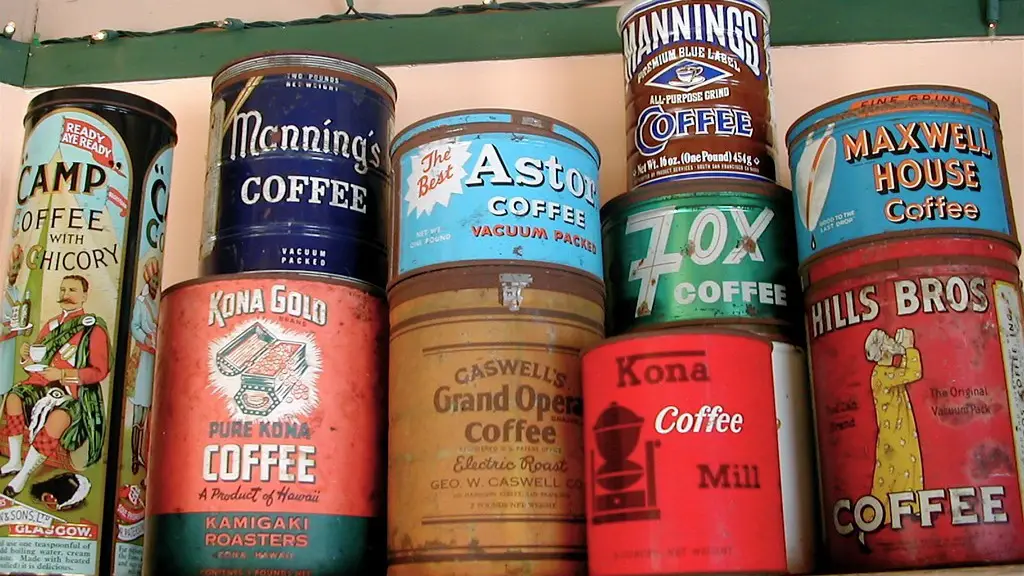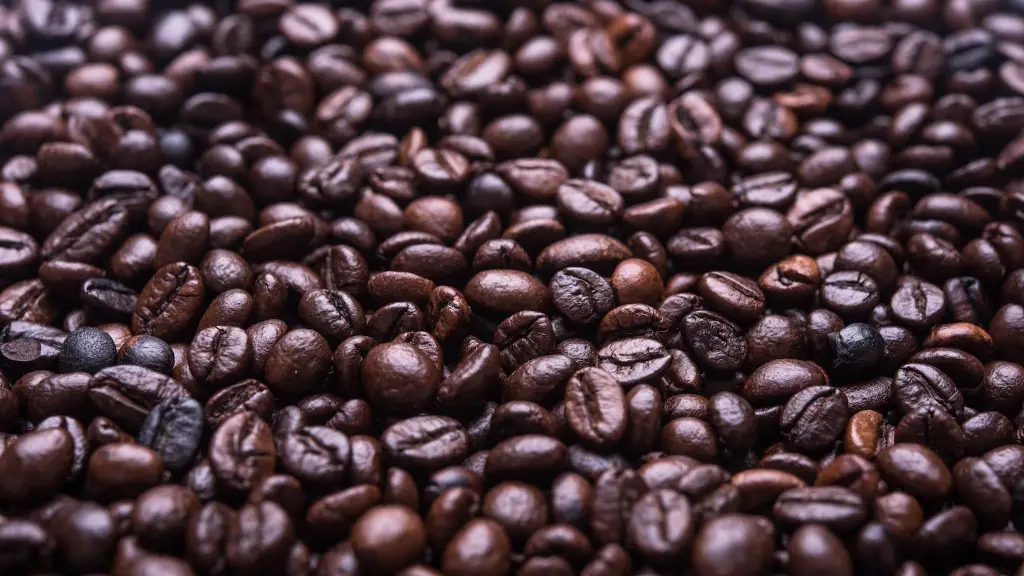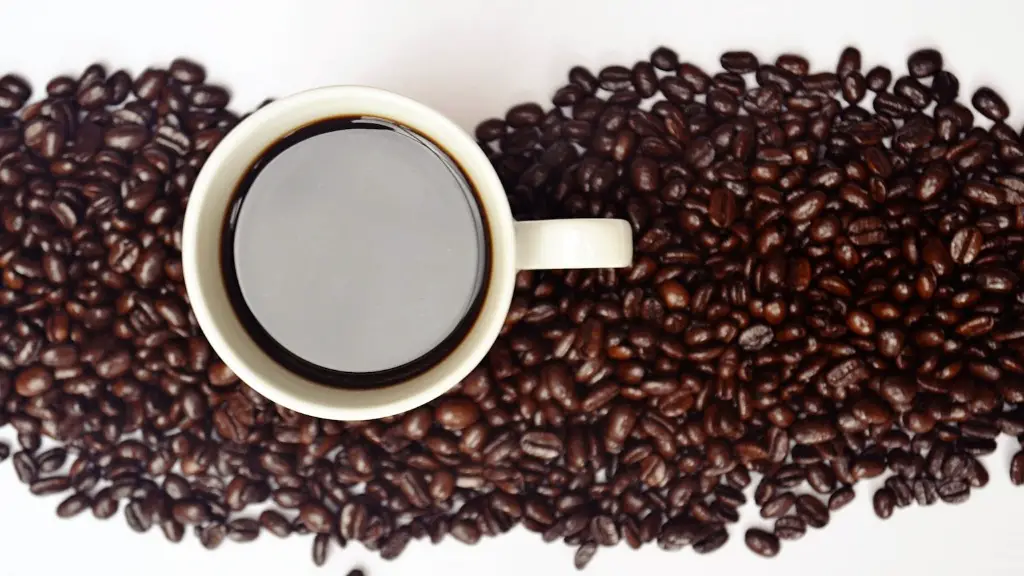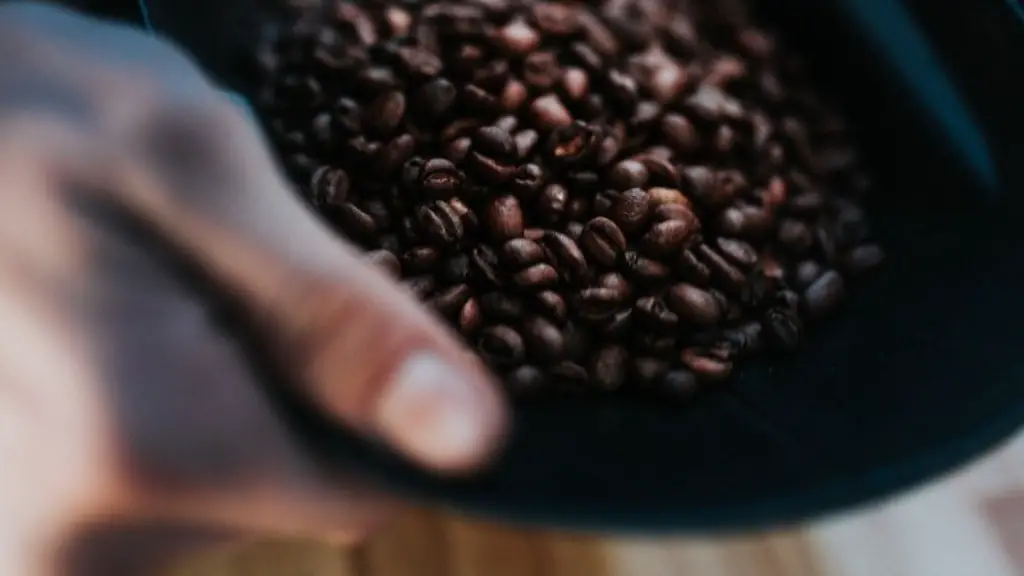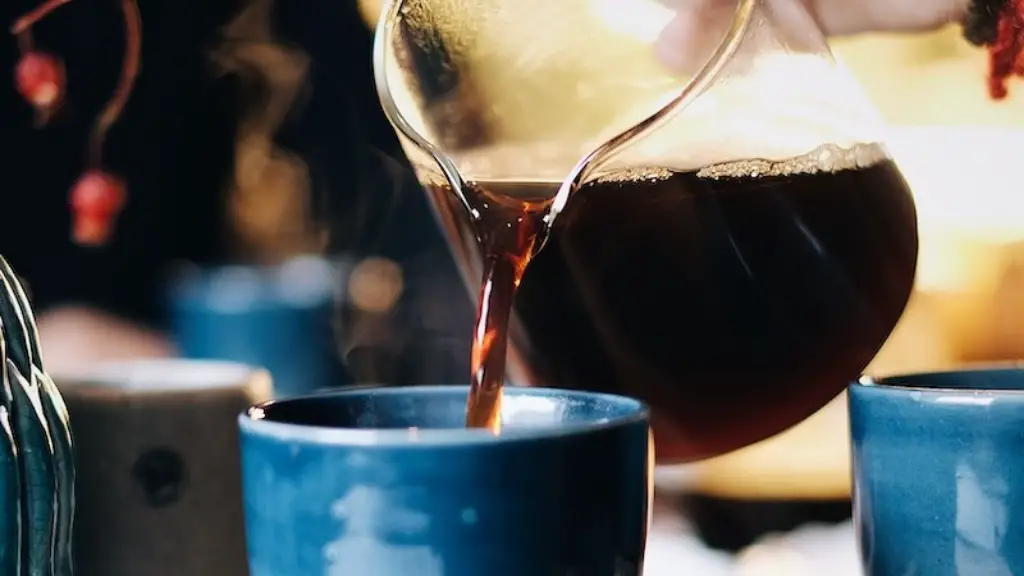If you’re someone who struggles with anxiety, drinking caffeinated coffee may not be the best idea. We all know coffee has caffeine which can increase our heart rate, potentially bringing on an anxious feeling. For this reason, many people with anxiety turn to decaffeinated coffee to benefit from the other aspects of coffee, like the flavour and smell, without all the extra caffeine.
Caffeine affects the body’s physiology which can worsen the feelings of an anxiety attack. A cup of coffee also contains metabolites, peptides and proteins like lignans, quinides, melanoidins and phenolic acids which may influence anxiety. Therefore, by drinking decaf coffee instead of regular coffee, one may be able to experience the great coffee taste factor, and the many health benefits coffee provides, with less risk of worsening their anxiety symptoms.
However, not all coffee is created equal. Even regular coffee can contain different amounts of caffeine depending on which roasting and brewing method it was produced through. The average cup of coffee contains 95-200mg of caffeine and decaf coffee contains only 1-15mg of caffeine.
Overall, decaf coffee is a good choice for those with anxiety. There is little to no risk of an anxiety attack if staying within the recommended dosage. People can still enjoy the aroma and taste that coffee provides, without health risks associated with a large and often unsustainable caffeine intake.
Research also supports the idea of drinking decaffeinated coffee to reduce anxiety; studies show that caffeine can worsen anxiety and panic as it increases blood pressure and heart rate, as well as other symptoms. Especially if someone is prone to anxiety, they should be mindful of the amount of caffeine they are consuming.
Experts note that caffeine can lead to feelings of being ‘on edge’- a feeling those with anxiety may already be experiencing. Dr. Jason Buhle notes that “if an individual is already anxious and their autonomic nervous system is on overdrive, caffeine can make this worse”. Therefore, by reducing your caffeine intake and opting for decaffeinated coffee, you may be able to better cope with your anxiety.
Life Skills for Anxiety
In addition to reducing your caffeine intake, another important way to cope with anxiety is to develop good life skills which many experts think are related to experience and emotional regulation. Learning relaxation techniques, like breathing exercises and mindfulness, are common coping mechanisms for those with anxiety and stress. They help to calm the mind and the body.
Other ways to cope include exercising regularly, getting enough sleep, eating a healthy diet, and participating in activities which bring joy. By managing life’s stressors, one can help to reduce feelings of anxiety.
It is often helpful to seek out other people who may be dealing with similar issues as talking to a professional therapist, or jumping into an online support group. These options provide a secure environment to safely discuss and vent about mental health and learn helpful techniques for self-care.
Engaging in activities which bring joy — like playing a sport, listening to music, taking a walk, writing, or painting — can often help to ground those in times of distress and help to relieve some of the overwhelming thoughts often associated with anxiety.
Employing these and other positive life skills may help to manage and reduce episodes of anxiety and can supplement the reduction of caffeine and other stimulants, like decaffeinated coffee.
Understanding Anxiety
It’s important to understand what type of anxiety one is struggling with, so that they can take steps to manage it. Symptoms of anxiety may varyf from one person to the next, and can include physical symptoms like headaches and a racing heart rate, as well as emotional symptoms like feelings of dread and depression.
It is also important to recognize the warning signs of an anxiety attack, like sweating, dizziness, and irritability. This may include feelings of panic, a sense of being overwhelmed and out of control, and difficulty focusing. Once you note the signs of an anxiety attack, it’s important to engage in calming activities or even reach out to a friend or family member for help and support.
Learning about anxiety and taking steps to manage it is an important part of reducing symptoms and occurrences. Although decaffeinated coffee may certainly help to reduce anxiety, seeking professional help and taking other life-skills into considerations can help to further relieve symptoms of anxiety.
Lifestyle Changes to Help Reduce Anxiety
Another key way to reduce anxiety is to make lifestyle changes. Habits such as regular exercise and healthy eating can reduce physical symptoms associated with anxiety, such as muscle tension and headaches. Exercise releases endorphins which may help to improve mood and reduce feelings associated with anxiety.
Furthermore, drinking plenty of water and avoiding excess alcohol and nicotine can also help. These substances may temporarily relieve anxiety in the short-term, but in the long-term, can worsen symptoms.
It is also important to reduce worry and stress as much as possible by practicing stress-management techniques, such as meditation, journaling, yoga and deep-breathing. These techniques can help to slow down the racing thoughts that often accompany anxiety.
In addition to making lifestyle changes, seeking therapy or joining a support group can help to ease anxiety. Talking to a professional can help to sort out the physical, mental, and emotional aspects of anxiety. Doing so allows one to gain greater insight into themselves and their anxiety, which can help to reduce symptoms.
Cognitive Behavioral Therapy
Cognitive-behavioral therapy (CBT) is a type of psychotherapy that focuses on patterns of thought and behavior which may be exacerbating symptoms of anxiety. It is a short-term, action-oriented approach which pairs well with lifestyle changes, medication, and professional support.
CBT is often used to address anxiety or compulsive behaviors, and focuses on providing coping strategies for managing anxiety in everyday life. Sessions with a cognitive behavioral therapist may involve developing positive self-talk, recognizing triggers and early warning signs of anxiety, and finding positive outlets for managing uncomfortable feelings.
CBT is especially helpful in changing unhelpful ways of thinking and reacting to situations which may have been learned behaviors. This can help to replace negative behavior patterns with more adaptive, healthy and calming ones, like deep breathing or mindfulness.
Medicine as a Tool
For more severe cases of anxiety, a medical doctor may also suggest medicine. Some antidepressants like selective serotonin reuptake inhibitors (SSRIs) may be prescribed to help. SSRIs work by increasing levels of serotonin in the brain which may help to reduce anxiety, other symptoms of depression and improve mood.
Individuals who take SSRIs usually do not experience any harmful side effects but it is still important to consult with a doctor about any potential risks and discuss other alternatives. Other medications may also be prescribed. In any case, it is important to talk to a physician about what option might work best.
It is also important to remember that medication is only one component of treating anxiety. When paired with lifestyle changes and therapy, medications can be particularly effective. It is important to be mindful of one’s needs and what might work best for ultimately treating anxiety.
